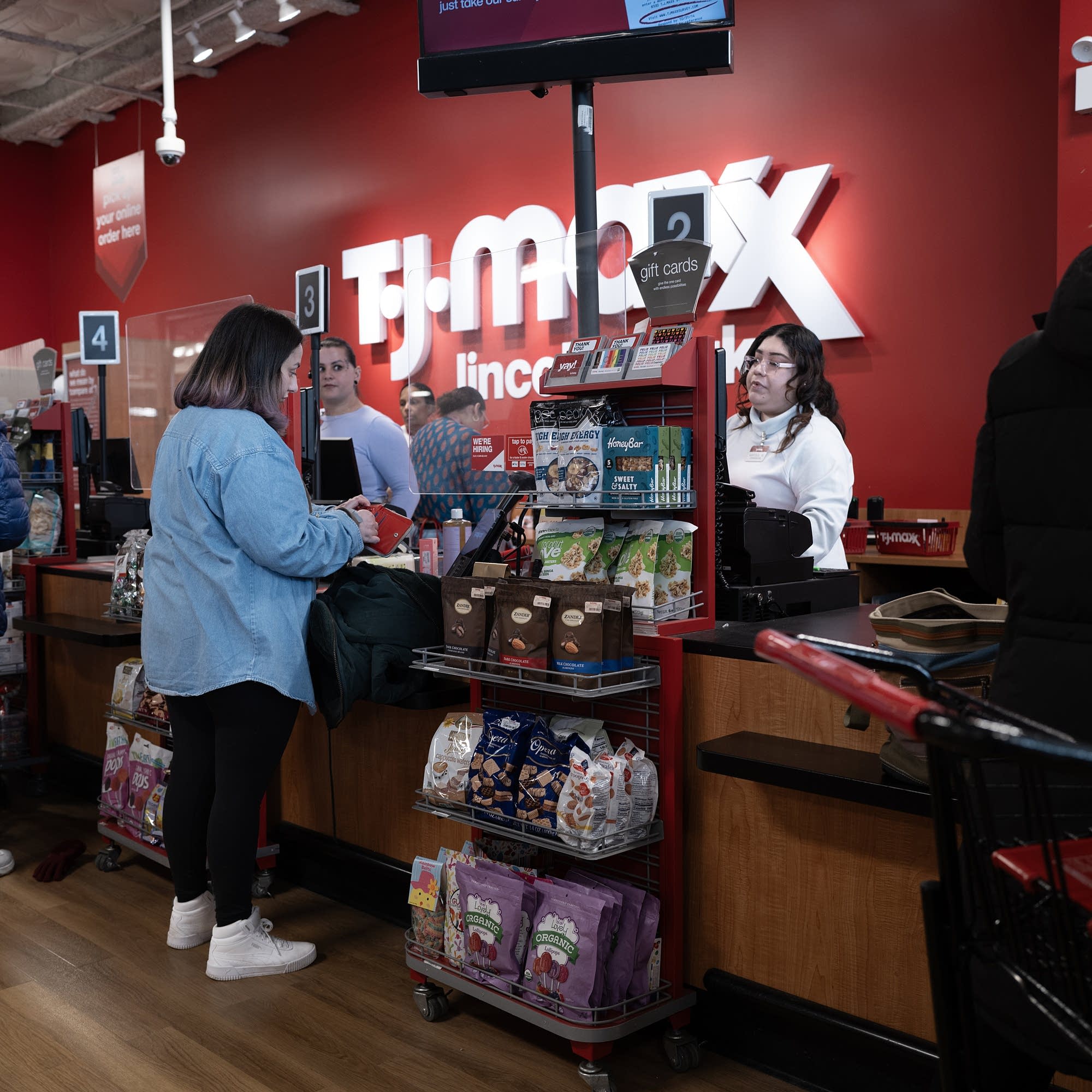
🤖 AI Summary
Overview
This episode explores the contrasting fortunes of two major retailers, TJX (parent company of TJ Maxx, Marshalls, and HomeGoods) and Target, as a lens into consumer behavior during economic uncertainty. It also delves into how businesses are navigating inflation and tariffs, the resurgence of SPACs, and regional labor market disparities.
Notable Quotes
- That bargain hunting, treasure hunting aspect has continued to draw in a consumer who's been faced with a tighter and tighter budget over time because of these higher prices.
- Matt Levin, on TJ Maxx's appeal.
- Tell me what it costs. Like, just be clear with me and transparent. I just want to know, what am I paying for?
- Marty Anderson, on consumer frustration with hidden price hikes.
- If you're a Republican president and you've lost the Wall Street Journal editorial page, that's an interesting moment.
- Kai Ryssdal, on the Trump administration's corporate interventions.
🛍️ Retail Trends: TJX vs. Target
- TJX reported a 4% rise in same-store sales and raised its earnings outlook, benefiting from consumers' desire for bargains and the dopamine hit of treasure hunting.
- Target, in contrast, saw a 2% decline in same-store sales, struggling with categories like electronics and furniture, and facing challenges from tariffs and political controversies.
- TJX's business model, which relies on buying unsold inventory from other retailers, shields it from tariff-related cost increases.
💸 Creative Price Hikes and Consumer Pushback
- Retailers are increasingly using sneaky
tactics to raise prices, such as adding return fees, cutting free shipping, or tacking on checkout charges.
- Businesses like Bow Ties of Vermont and Aventura restaurant have experimented with surcharges to offset tariff costs, but these moves often spark consumer backlash.
- Transparency in pricing is becoming a critical factor for maintaining customer trust.
📈 The Return of SPACs
- Special Purpose Acquisition Companies (SPACs) are making a comeback after a sharp decline post-2021.
- New SPACs are targeting high-risk, high-reward sectors like quantum computing, space technology, and AI.
- Despite their resurgence, SPACs remain controversial due to their history of poor returns and lack of transparency.
🌍 Regional Labor Market Disparities
- Unemployment rates vary significantly across the U.S., with states like South Dakota enjoying low rates due to dominant industries, while areas like California and D.C. face challenges tied to tech layoffs and reduced tourism.
- Local labor market dynamics often diverge from national trends, emphasizing the importance of regional economic conditions.
♻️ Upcycling and Textile Waste
- Lindsay Rose Medoff, CEO of Sway Sew Shop, highlighted the environmental impact of textile waste, with 11.3 million tons of textiles ending up in U.S. landfills annually.
- Sway Sew Shop transforms discarded textiles into desirable, durable products, showcasing a sustainable business model that addresses the fashion industry's waste problem.
AI-generated content may not be accurate or complete and should not be relied upon as a sole source of truth.
📋 Episode Description
A consumer vibes indicator, in the form of two Q2 earnings reports: TJX (which owns TJ Maxx, HomeGoods, and Marshalls) raised its outlook for the remainder of the year after beating expectations. Over the same period, Target reported declining same-store sales. In this episode, today’s consumers are choosing off-price bargain hunting over a big-box staple. Plus: Retailers sneak in price hikes, SPACs make a return, and the labor market’s got some regional variation.
Every story has an economic angle. Want some in your inbox? Subscribe to our daily or weekly newsletter.
Marketplace is more than a radio show. Check out our original reporting and financial literacy content at marketplace.org — and consider making an investment in our future.
